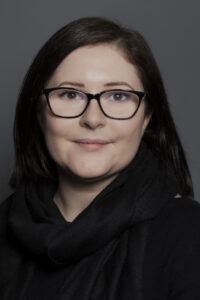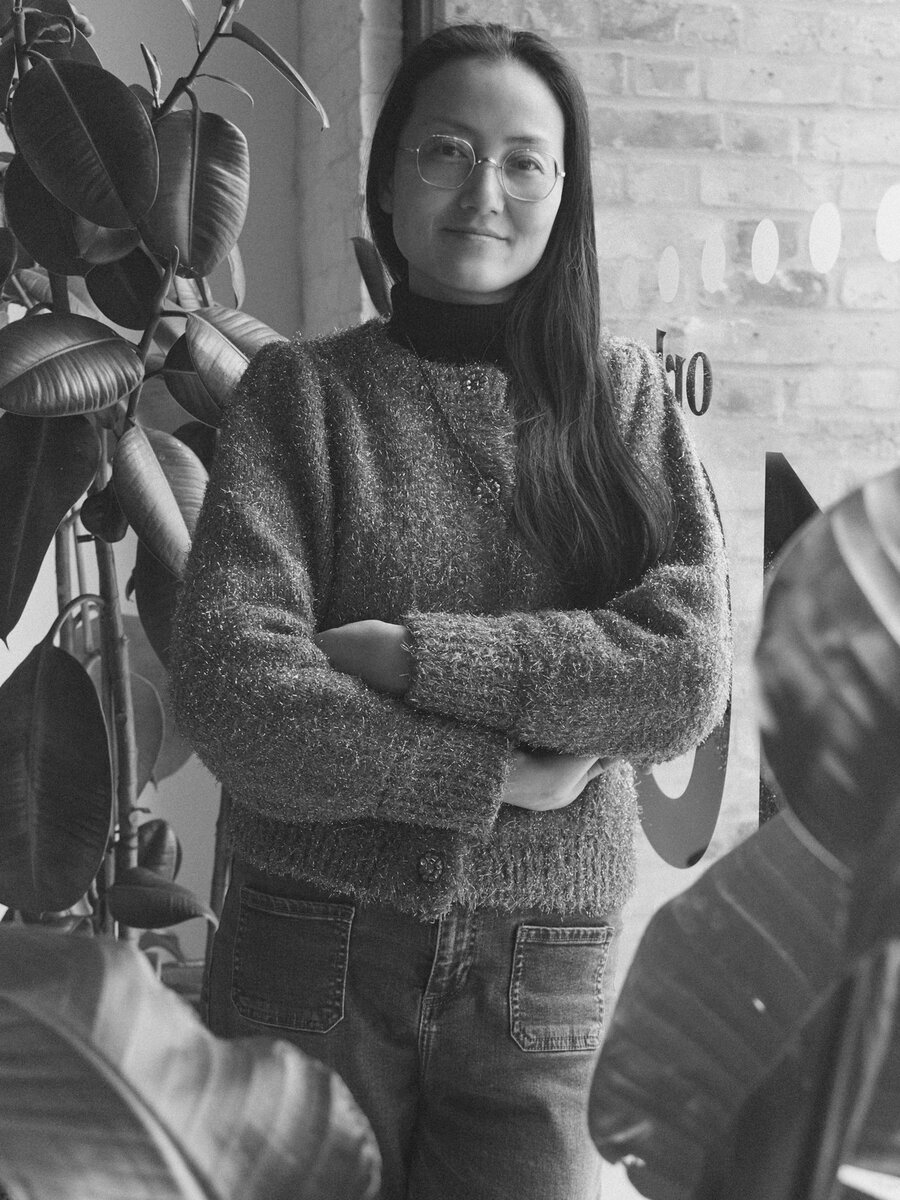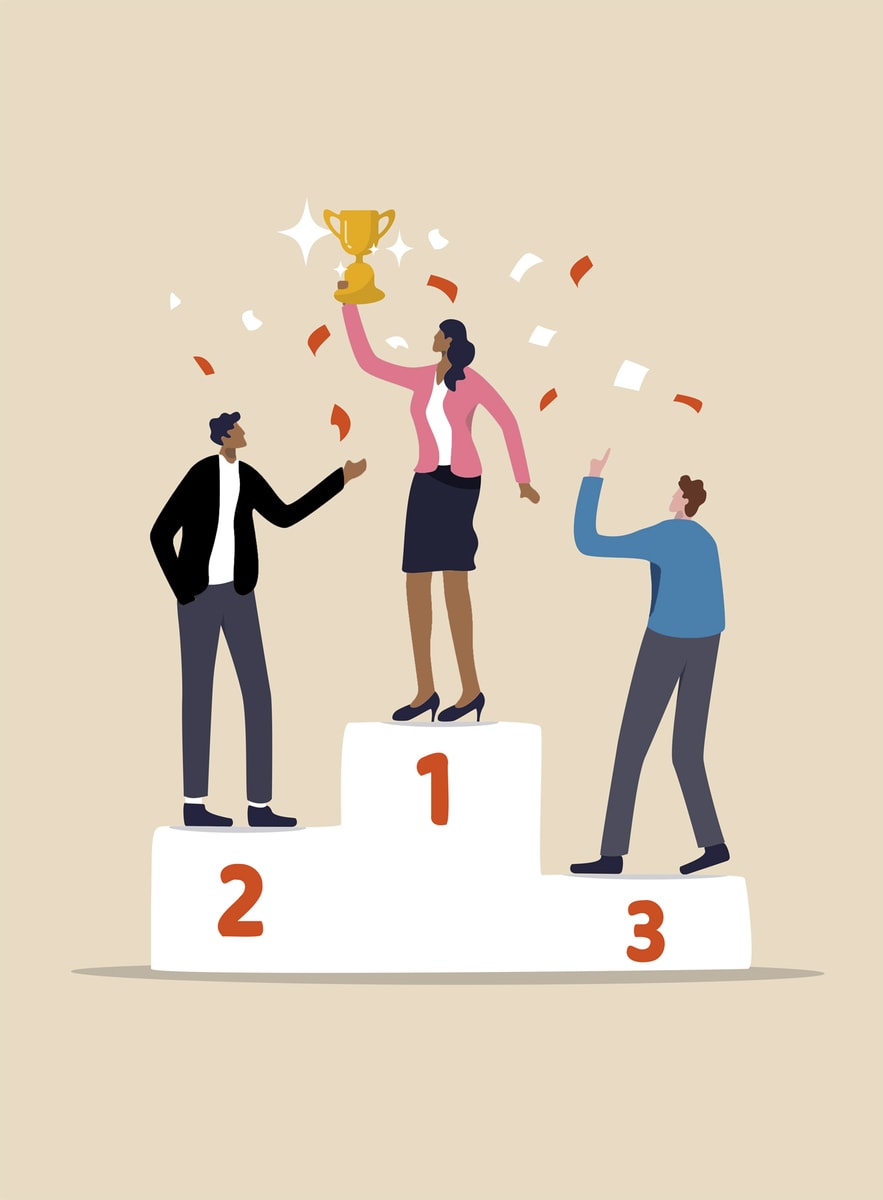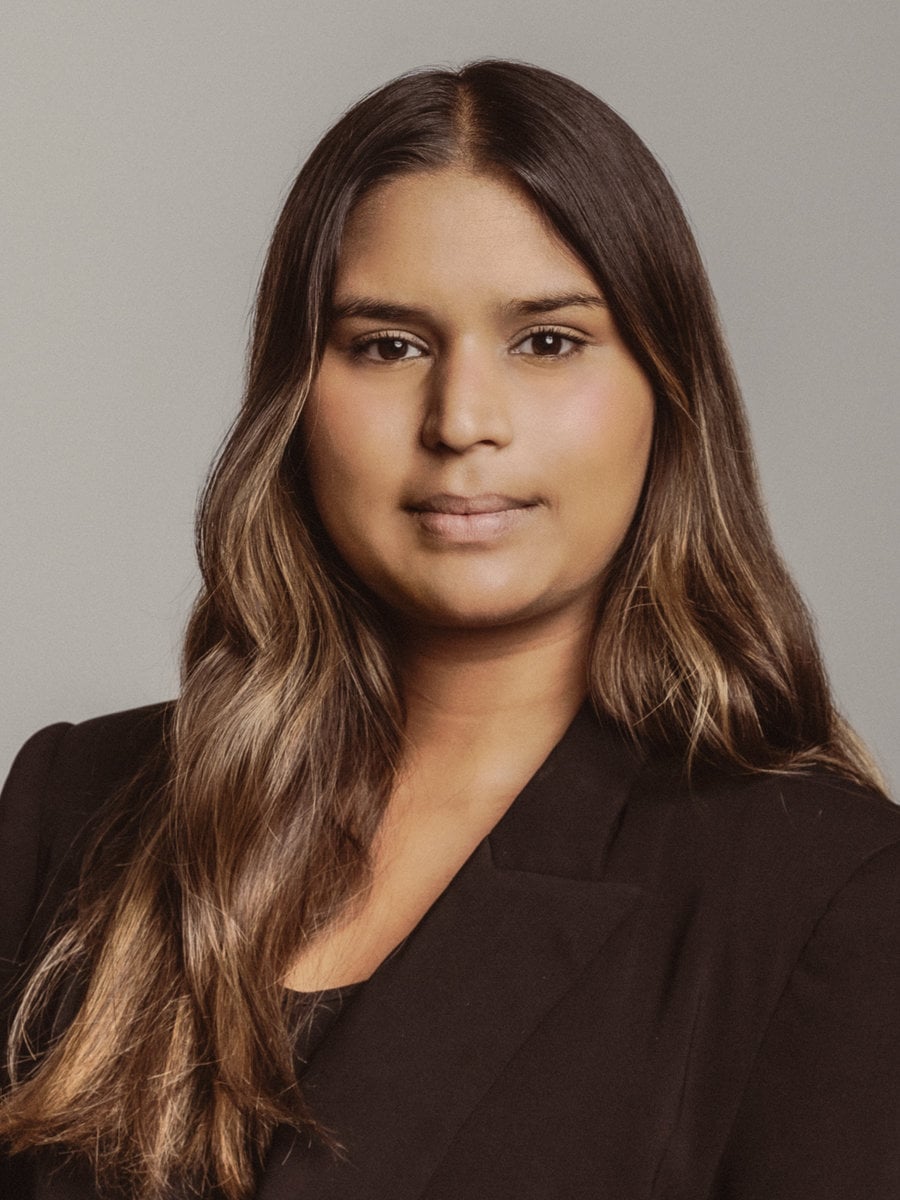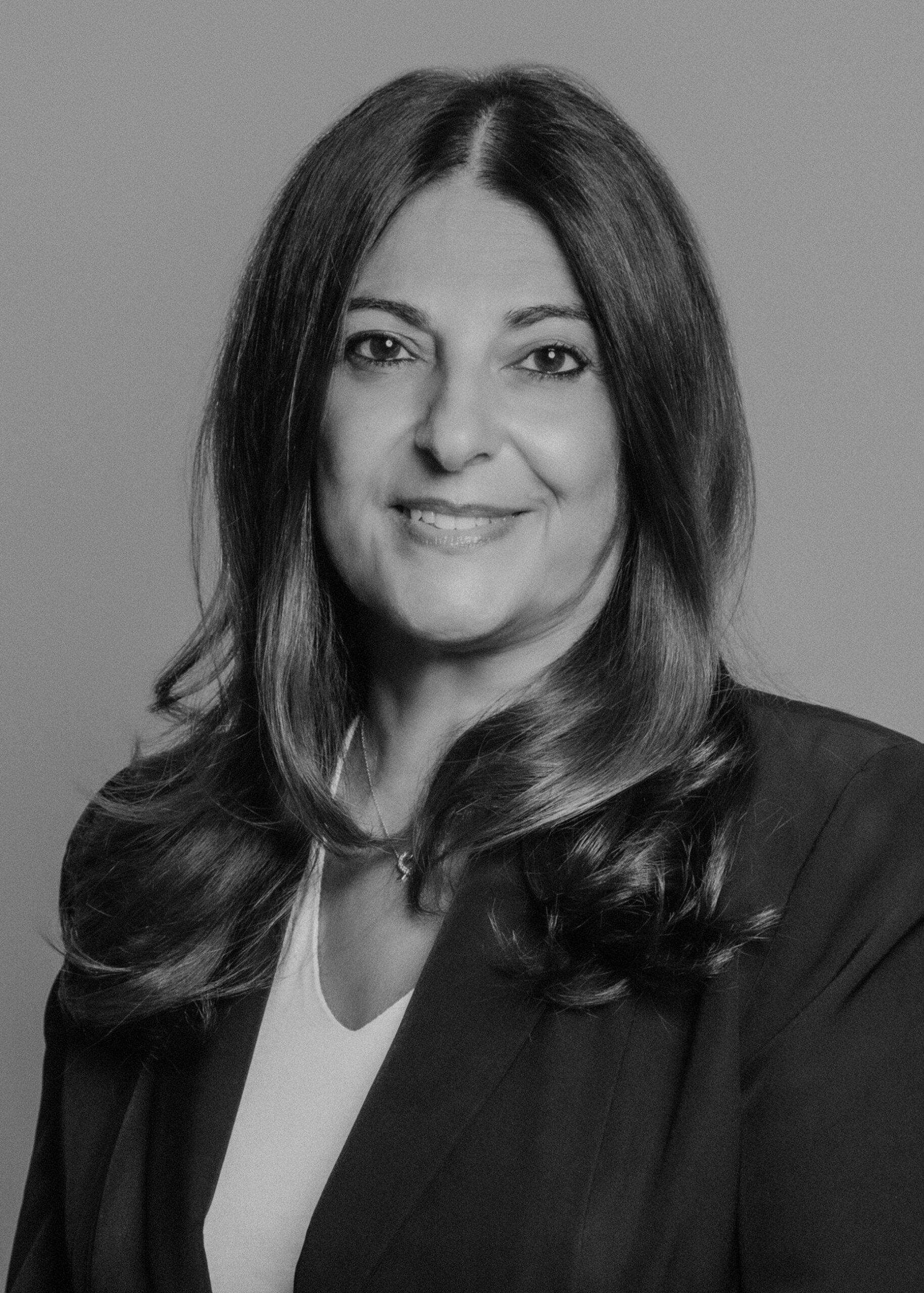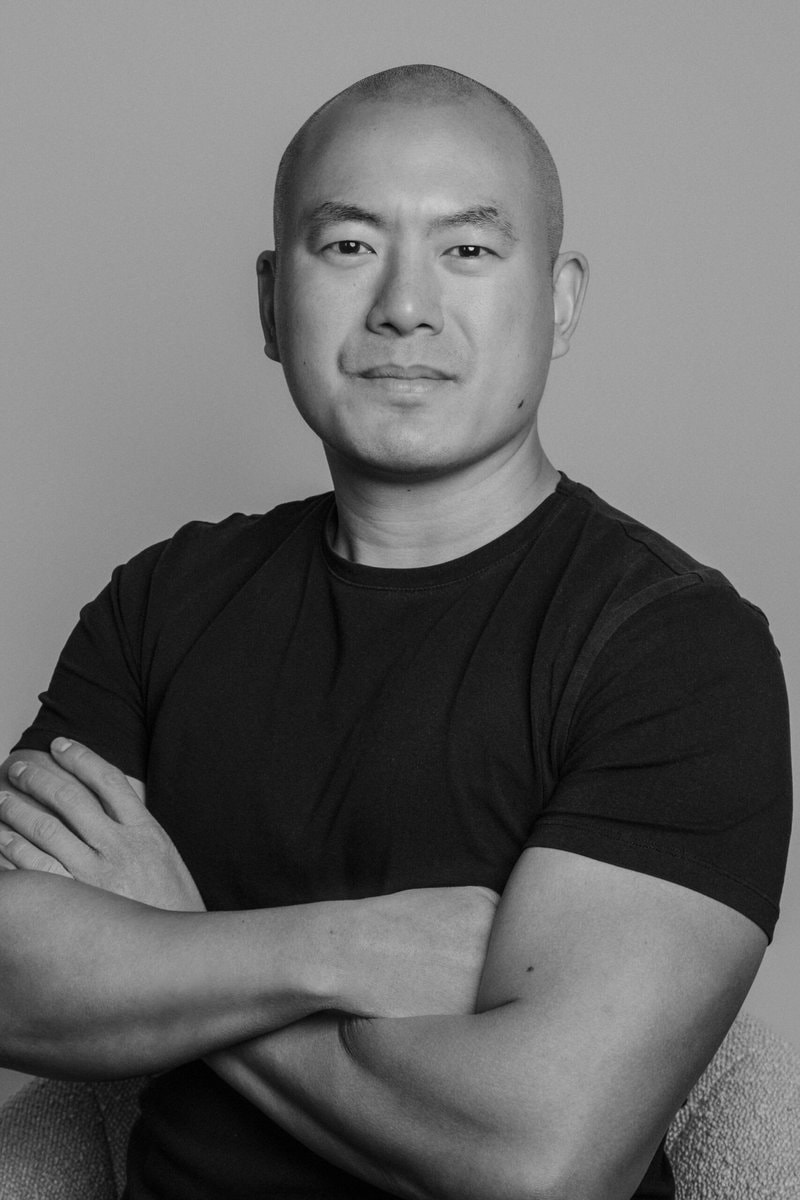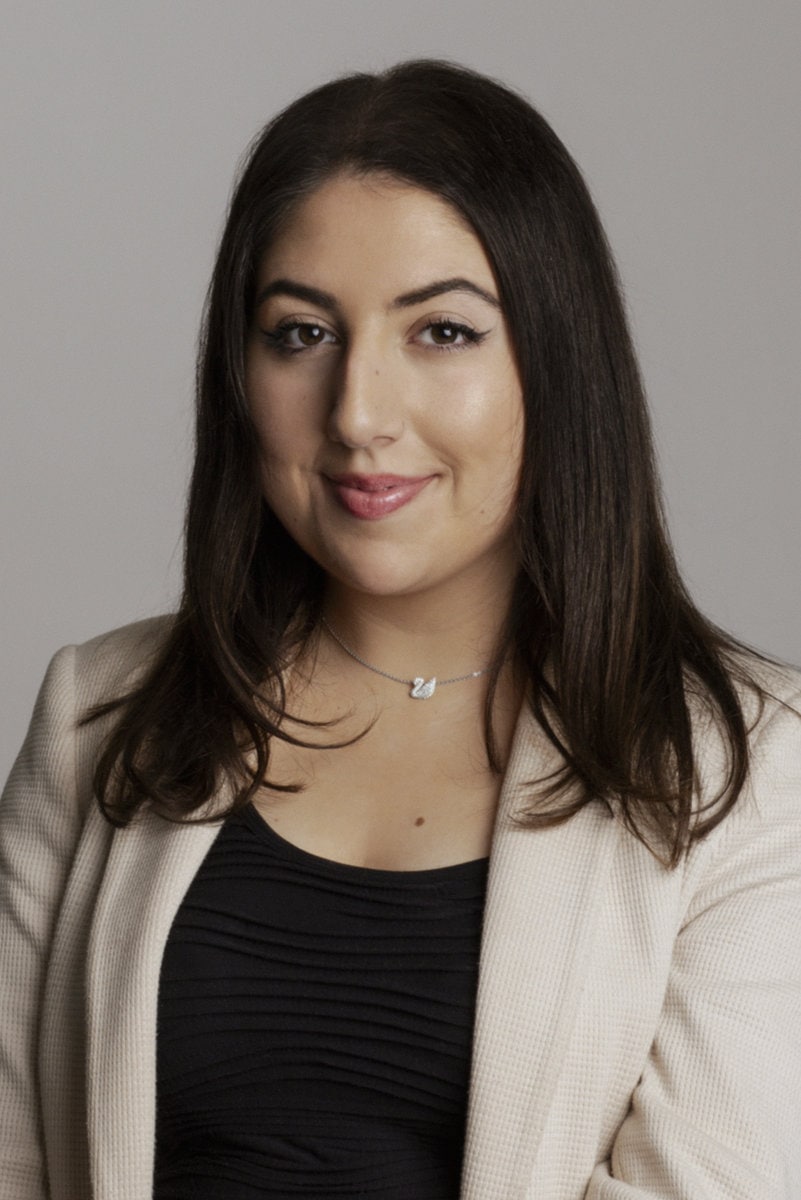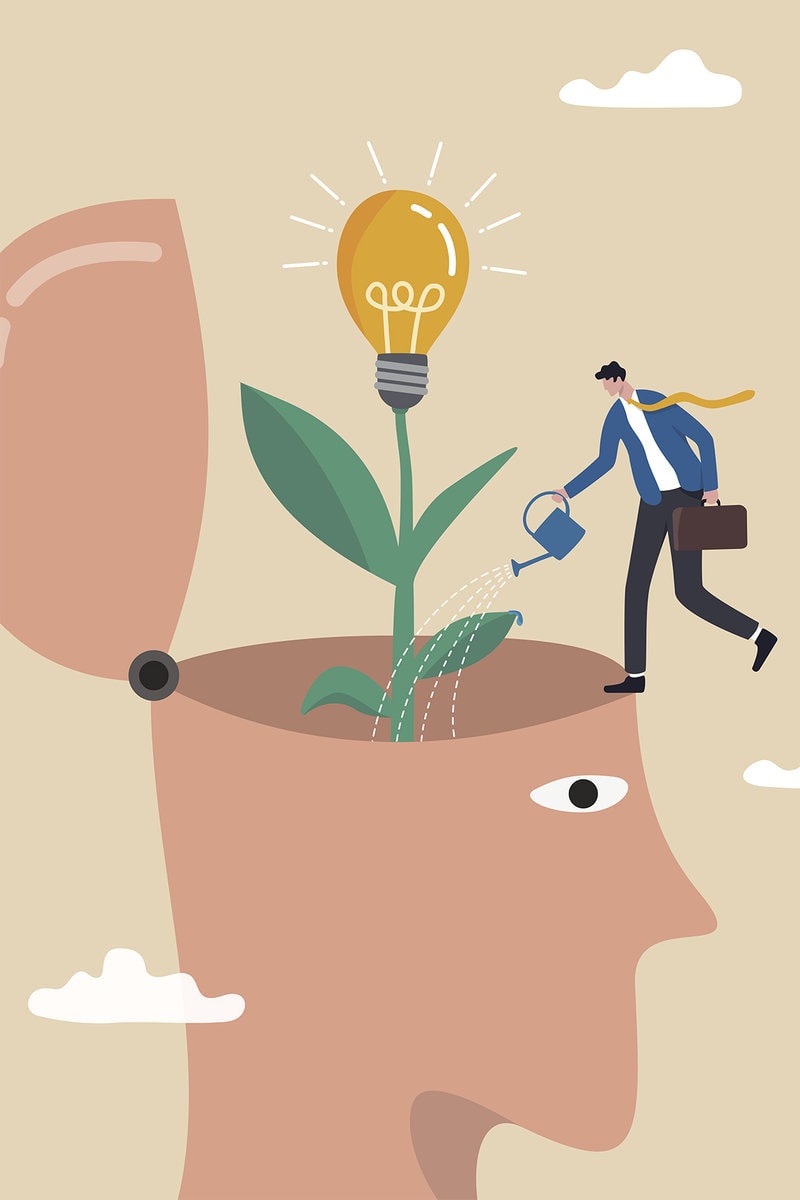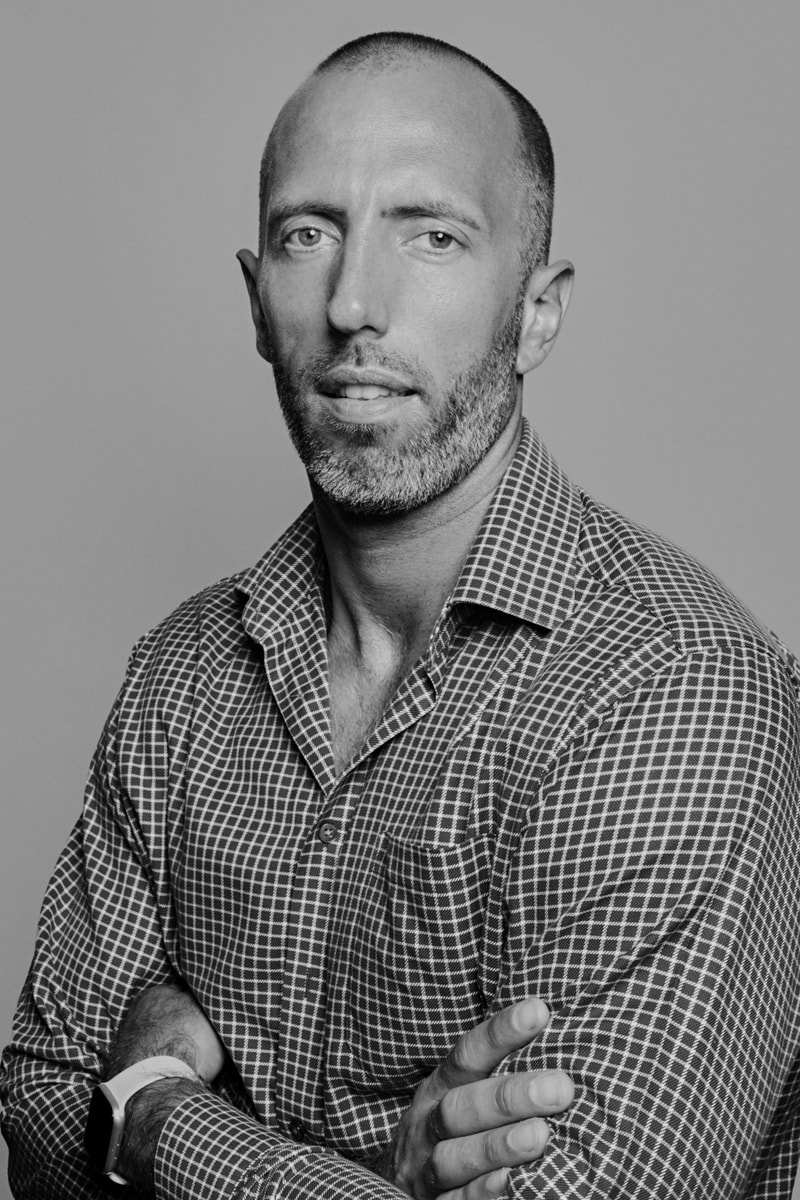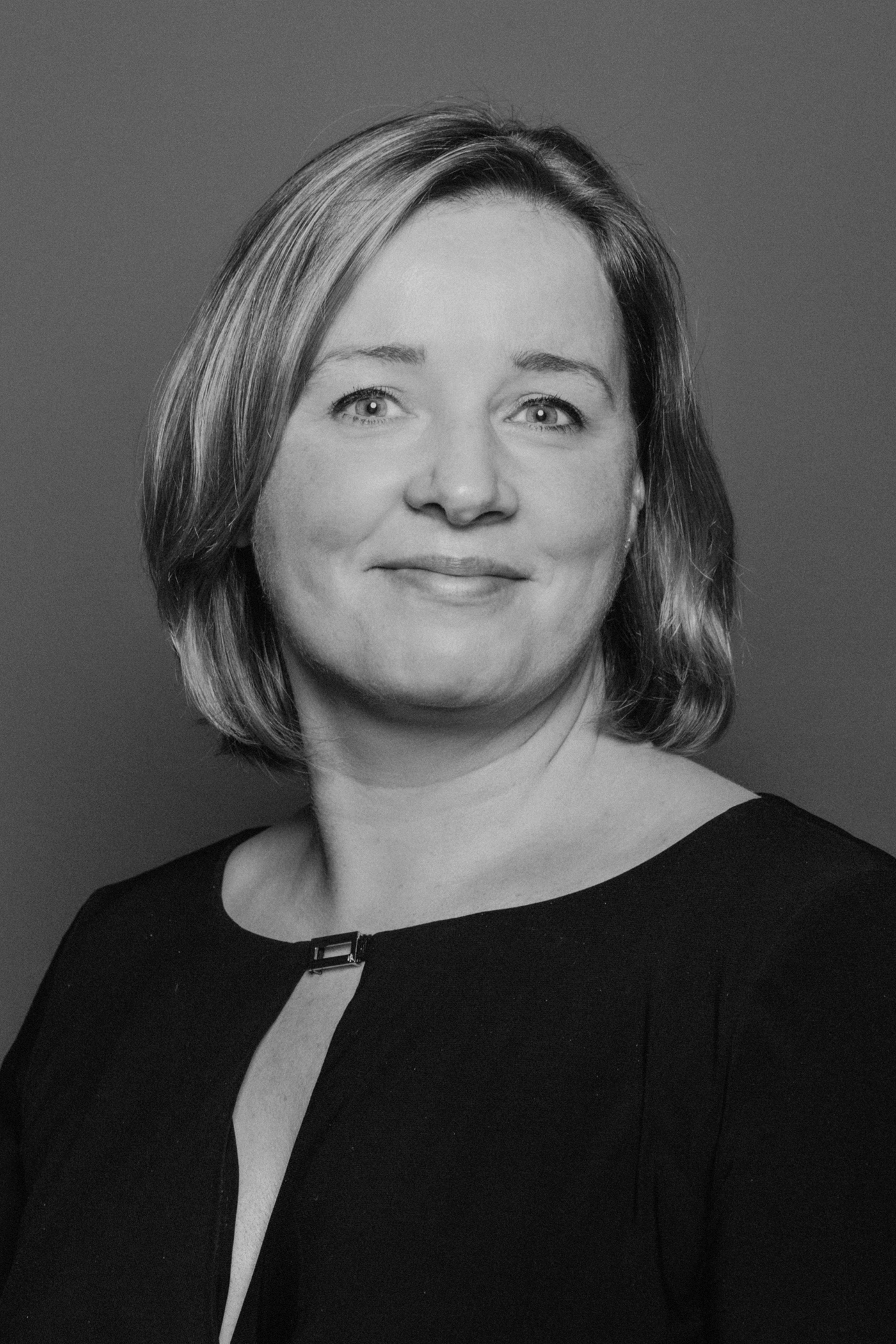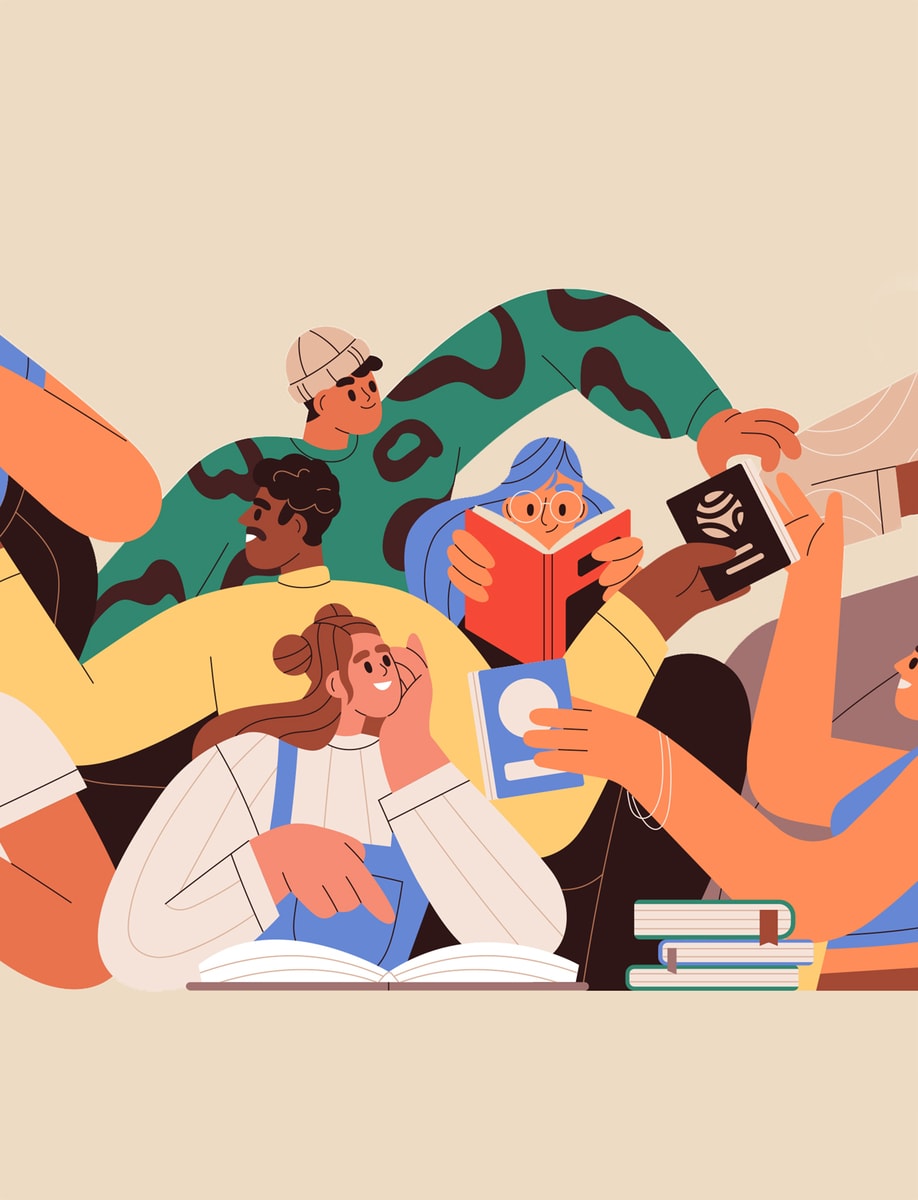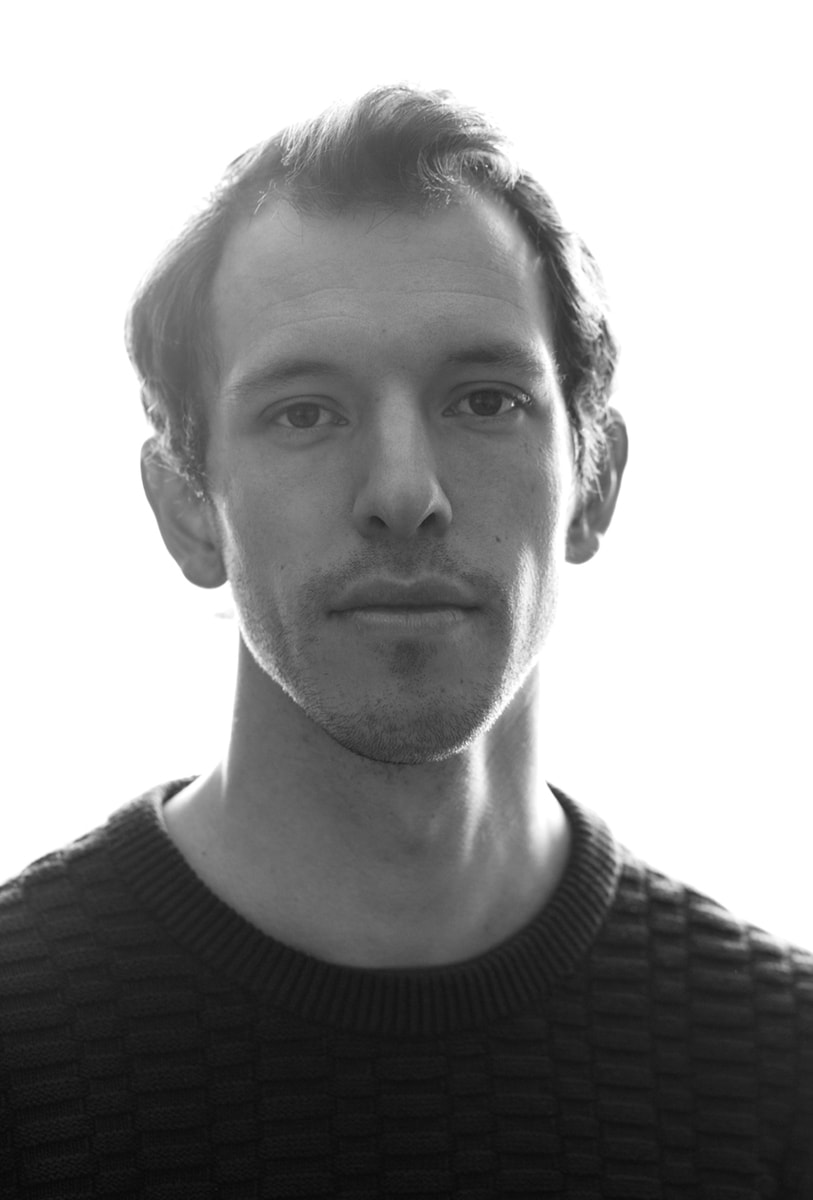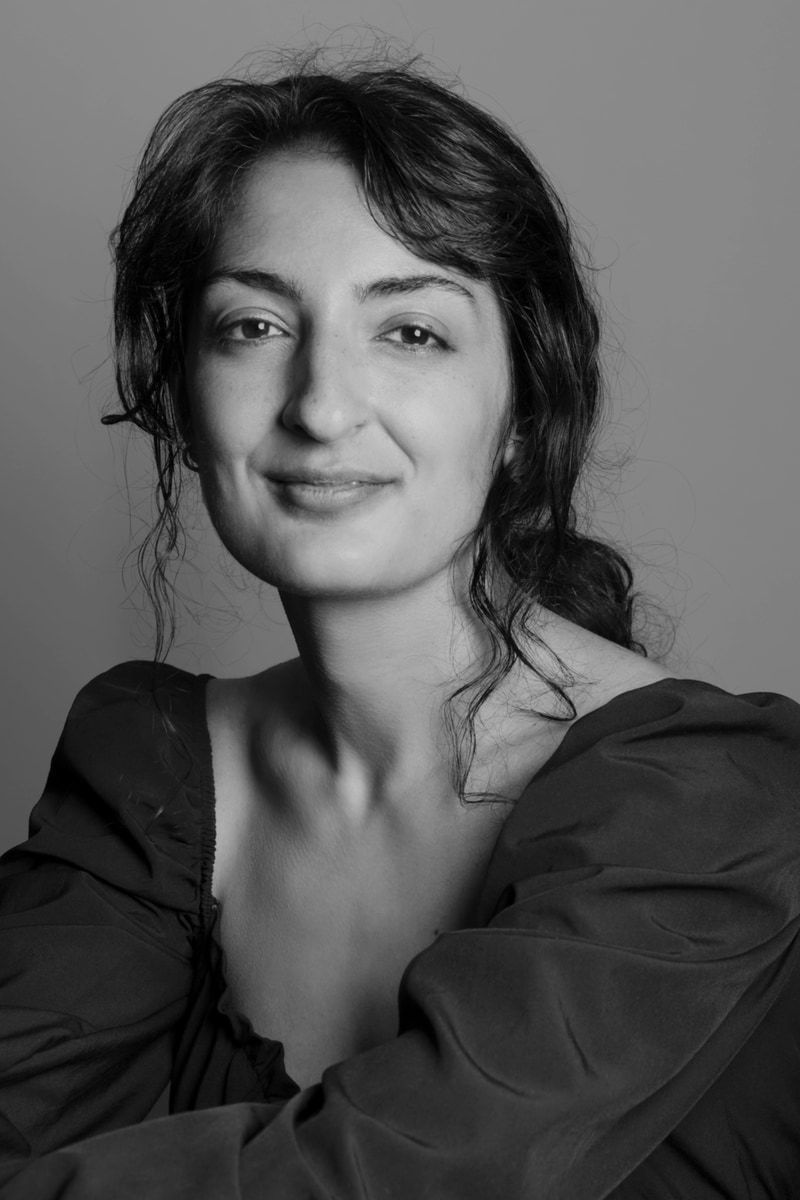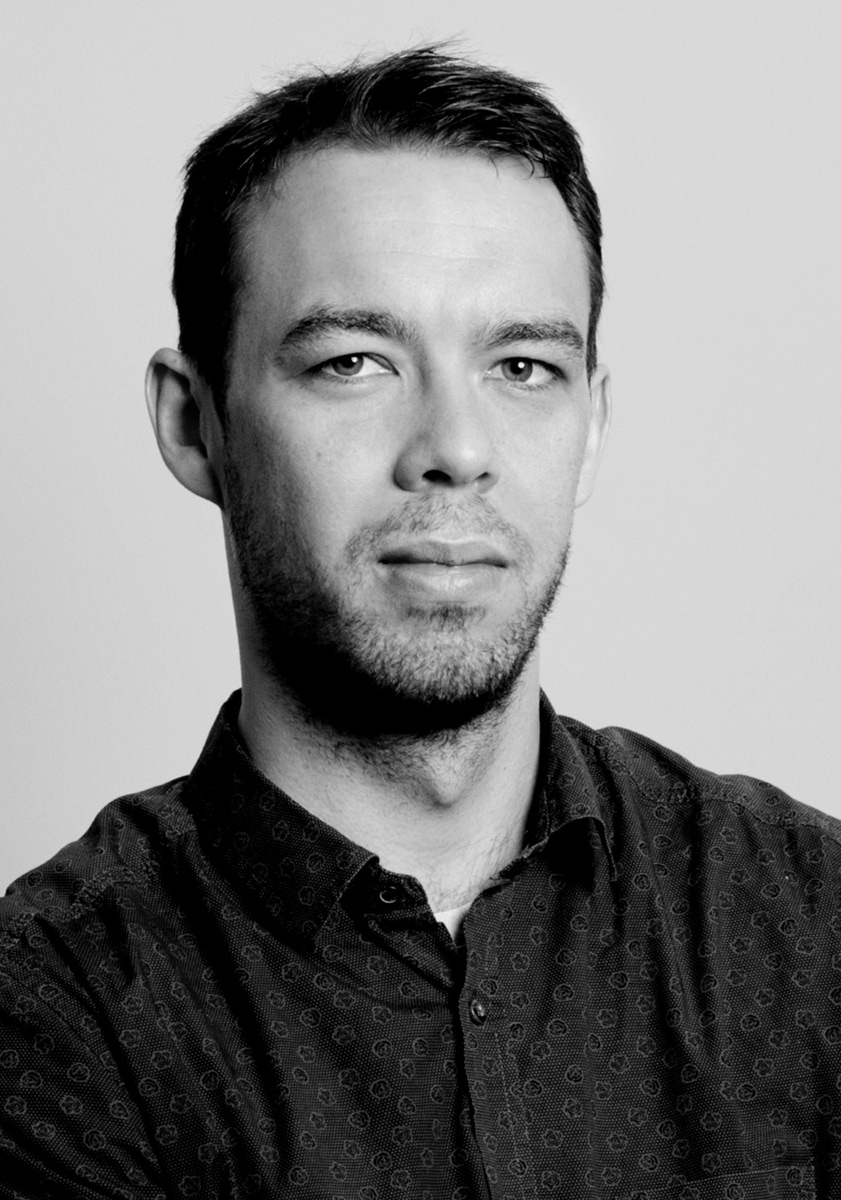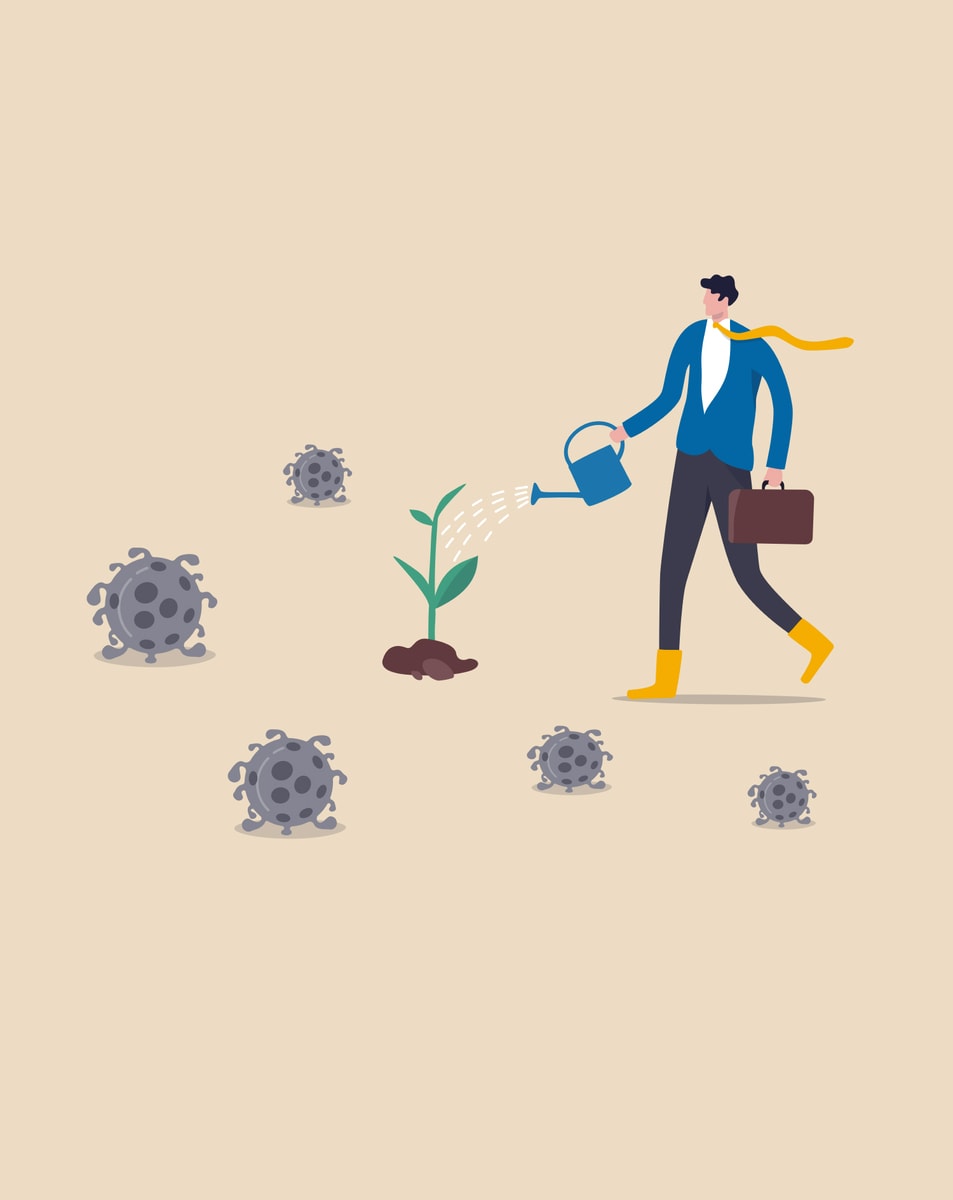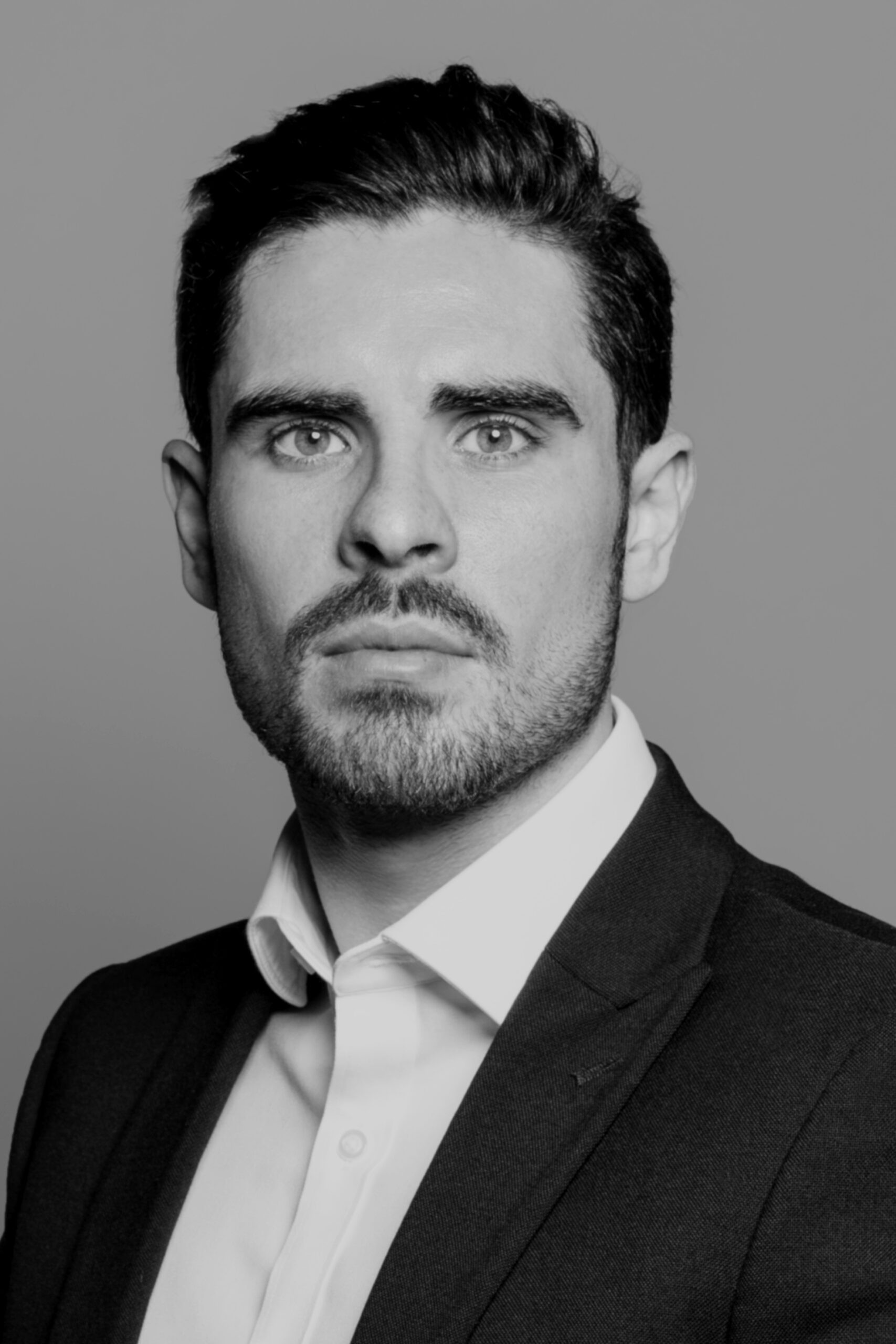What is your role at DSSR?
My job title is Sustainability Specialist, however, the role itself is not strictly limited to sustainability and is actually quite varied. I work for DSSR, an engineering consultancy, so the main aim of my role is to advise DSSR’s clients and our design teams on a wide range of sustainability issues within the built environment.
What are the biggest challenges you face within this role?
Some people automatically consider ‘challenges’ a bad thing; for me, the core of my job is constantly dealing with new challenges, but I have always considered it a positive thing that I get to tackle unique sustainability issues across a broad range of projects.
Part of my role is being a BREEAM Assessor, which is a certification scheme for new buildings that sets benchmarks for standard categories of development (e.g. commercial buildings, offices, schools). To perform this role, it is essential to be involved from the very beginning. Sustainability can cover everything and anything from waste to the materials used in the building, so my priority is to have early engagement with the design team to find bespoke solutions which are correct for each building.
Each project is very different, each site is unique, and so their challenges require bespoke solutions which are specifically tailored to the situation. From a sustainability perspective, my priority is to work closely with the design team — getting them on board and really engaging them — in order to ensure sustainability challenges are considered from the earliest design stage.
“
Sustainability is not simply an ‘eco add-on’. When you truly and properly consider sustainability within the design process, there are economic benefits to that, and I think people don’t always realise that.
“
It seems that DSSR has been concerned about sustainability long before it was popular. Why was DSSR an early adopter of sustainability before its popularity?
Defined by the Brundtland Commission as ‘meeting the needs of the present without compromising the ability of future generations to meet their own needs, sustainability relates to everything.
For a building to be designed well, it really needs to consider sustainability. However, despite its crucial importance, the topic of sustainability is poorly understood, which can lead to it being framed as an ‘eco add-on’. That being said, I think increasingly people are seeing that climate change is affecting us more and more, with increased visibility in the news of flooding, food shortages, and rising temperatures. The consequences of unsustainable practices have become ever more apparent.
To frame the importance of sustainability within the construction industry, it helps to consider that the built environment accounts for 45% of total UK carbon emissions — with 32% of landfill waste coming from the construction and demolition of buildings.
Currently, there is a big push to focus on significantly reducing carbon emissions through sustainable practices — such as the ‘Net-Zero Carbon’ target set by the Scottish Government — and we really need to get there.
Personally, I am glad that DSSR appreciates that sustainability is not a stand-alone or begrudgingly tacked-on element within the design process. It requires a holistic approach, starting at the beginning, building from the ground up, looking at the options available, and making bespoke solutions. Whether you’re building a school or assisting a contractor at the construction stage, a successful project will integrate sustainability throughout its design, construction, and operation.
That’s what I probably enjoy most about my job. No two days are the same; I could be involved at the very beginning of a project, working with the architects to do calculations to and design a bespoke energy strategy, or I could be way down the line, helping a contractor at the handover stage to manage their construction waste, or helping to pick the right building materials from the correct suppliers.
“
To frame the importance of sustainability within the construction industry, it helps to consider that the built environment accounts for 45% of total UK carbon emissions — with 32% of landfill waste coming from the construction and demolition of buildings.
“
If you were doing your job, but it wasn’t focused on sustainability, in what way would your job be different?
I have seen projects which haven’t focused on sustainability, and I have seen the consequences of that approach. Some projects are money-driven, rushed across the line into occupancy in order to achieve a quick turnaround. However, in addition to the negative impact on the environment caused by this kind of approach, the resulting structure is far more likely to be of a lower quality than one which considers sustainability.
When sustainability is integrated into the design and build process, you’re designing a building that has less of a negative impact on the environment in the short term and will stand the test of time in the long term. Occupants within a considered environment are generally going to be a lot happier and more comfortable, benefiting from better air quality, comfortable ambient temperatures, increased natural light – they are simply going to have a much nicer environment, which will increase productivity.
“
Some people automatically consider ‘challenges’ a bad thing; for me, the core of my job is constantly dealing with new challenges, but I have always considered it a positive thing that I get to tackle unique sustainability issues across a broad range of projects.
“
In the long run, a developer that thinks they can rush the design and build of a project — opting not to design it for its specific environment — isn’t going to get as good a return as one which considers sustainability. The tenants of carefully designed buildings are going to feel better, meaning the developer can charge more for rent.
So as you can see, sustainability is not simply an ‘eco add-on’. When you truly and properly consider sustainability within the design process, there are economic benefits to that, and I think people don’t always realise that. There are many reasons why we do it correctly, finding the right solutions that work within each environment.
If you could pass on just one piece of business advice, what would your advice be?
It’s not necessarily ‘business advice’, as just good life advice: always keep an open mind. If you truly want to achieve something — if you work hard enough and keep an open mind — you will often find a way to achieve it.
Quite often, you will come up against negativity, and people who are, for one reason or another, resistant to what you are trying to do. The best thing you can do when faced with a challenge like that is to adapt, innovate, and keep finding a new way of doing things.
